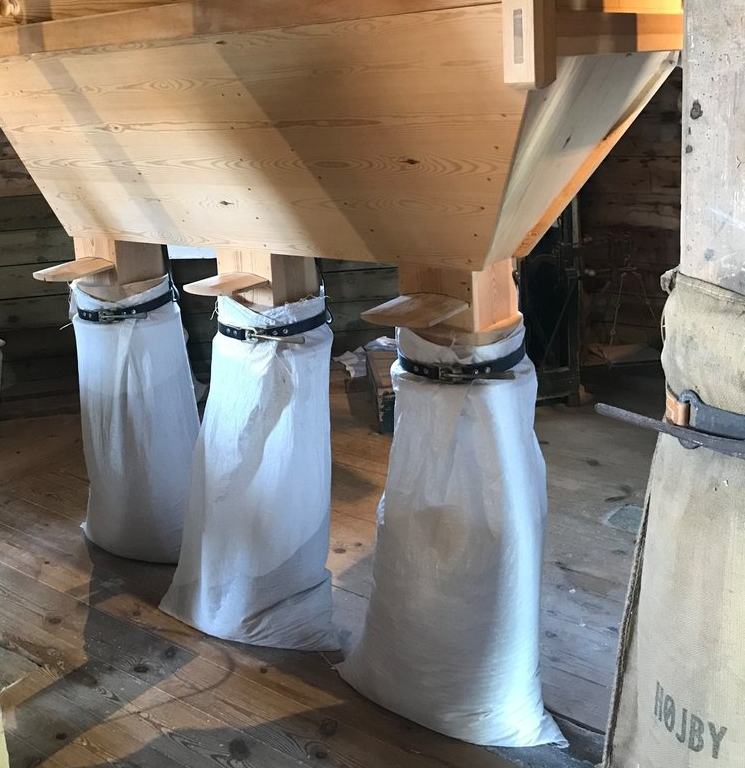
About Tír Bakery
The meaning of Tír comes from Louise’ hometown, Ireland, and translates to ‘Land and region’. The ethos in all of Louise’s baking is that the grain and ingredients will always be sourced from the best land.
Tír Bread is made with a slow sourdough fermentation with old varieties of grains, mostly Ølands and Rye, grown on partnering farms. The flour is always freshly milled to maximise both nutritional content as well as aroma and flavour.
The wheat is rich in vitamins, nutrients, essential oils & amino acids.
With much consideration given to the grain varieties used, as well as how we process the grain, this bread is far more easily digestible than modern industrialised breads so readily available today.

Louise Bannon
Louise Bannon was raised in Ireland before studying Culinary Arts at Dublin Institute of Technology. Following this, Louise took herself to work alongside the team at Ballymaloe Cookery School in Cork, Ireland. Louise spent her time here working in the kitchens of Ballymaloe House as well as time studying under Darina and Tim Allen, where the focus was around sustainable agriculture and the proper sourcing of quality ingredients.
Louise progressed from here to work with some of Irelands leading chefs, before moving o to what turned into a pivotal several years of time spent working with René Redzepi at Noma, Copenhagen. It was here that Louise’s passion for bread started, it was part of her daily routine in the Noma kitchens and René taught her about flavour, creativity and pushed her to become a better baker.
Louise followed this by working in many of the worlds leading bakeries, such as San Francisco Baking Institute, Tartine and many more. Louise spent 6 months developing breads for The Real Food Fight campaign in Southern France where she was challenged to understand how to bake with old varieties of grains.
In recent years Louise has developed her passion for bread and her interest in older varieties of grain, and working with freshly milled flours. Louise is keen to continue to support the farming communities around Europe and drive demand for better grown and processed grains, resulting in both delicious and highly nutritious breads.


